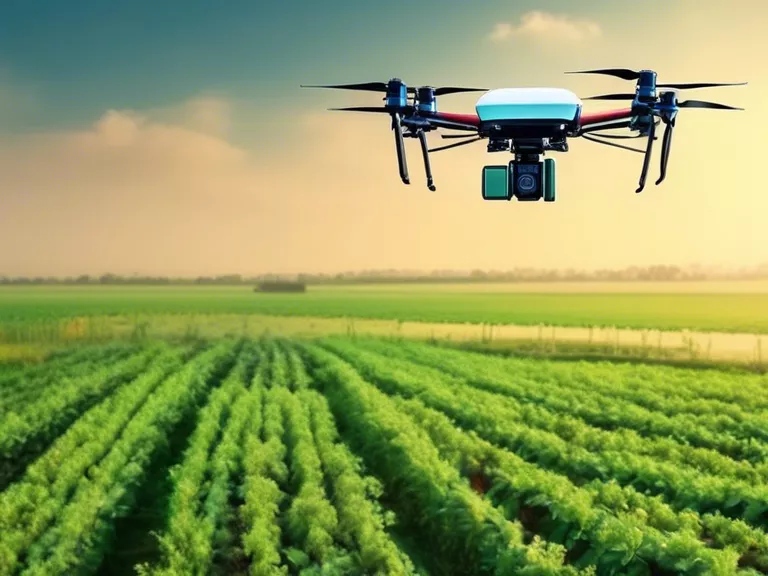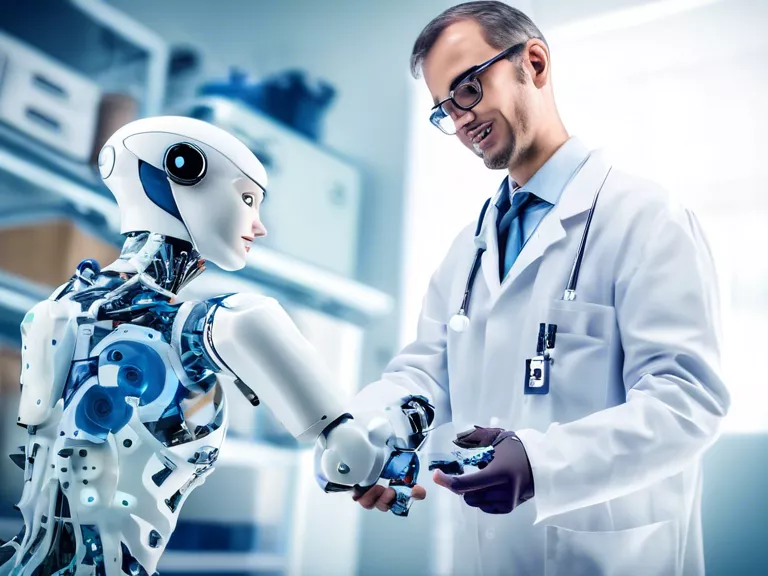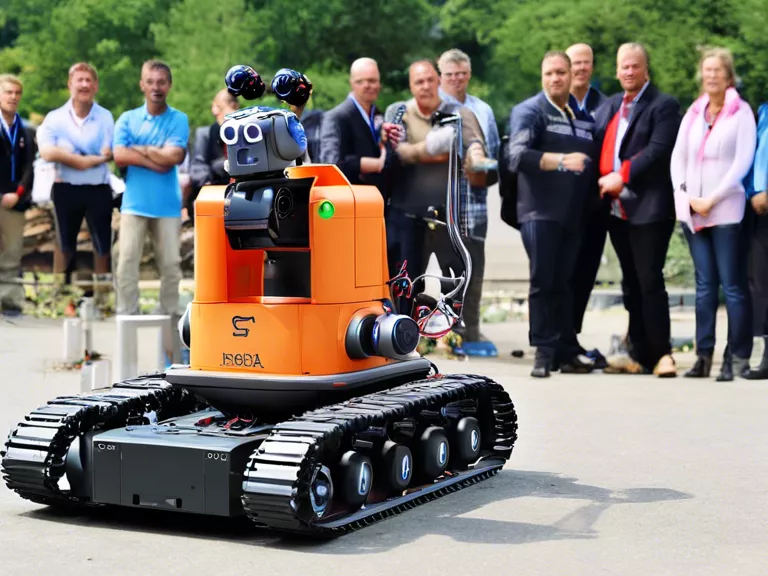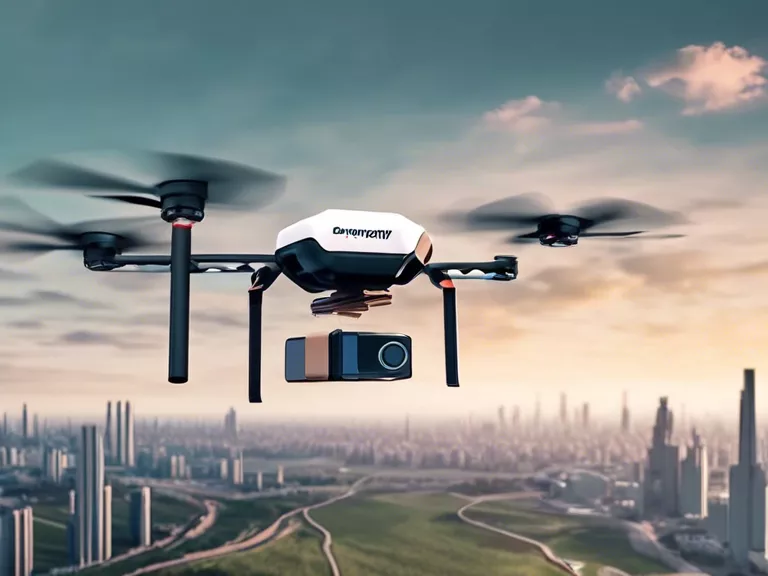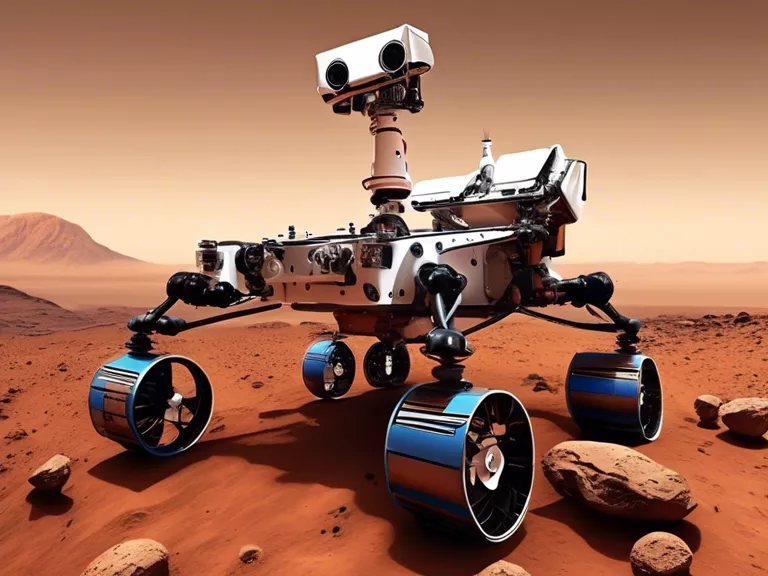
The Future of Robotics in Space: Exploring Mars and Beyond with Autonomous Systems
As humanity continues to push the boundaries of space exploration, robotics plays an increasingly important role in our quest to explore Mars and beyond. Autonomous systems have become essential in aiding astronauts in their missions, conducting research, and even paving the way for potential colonization of other planets.
Robotic missions to Mars have provided valuable insights into the planet's geology, atmosphere, and potential for hosting life. Rovers like Spirit, Opportunity, and Curiosity have traveled vast distances on the Martian surface, collecting data and images that have expanded our understanding of this neighboring planet. These robots are equipped with sophisticated sensors, cameras, and tools that enable them to operate autonomously in the harsh Martian environment.
Autonomous systems have also been instrumental in supporting human missions to the International Space Station (ISS). Robotic arms on the ISS are used for tasks such as maintenance, repairs, and cargo transfers, eliminating the need for astronauts to perform dangerous spacewalks. These systems not only increase the efficiency of space missions but also enhance the safety of astronauts working in space.
Looking ahead, the future of robotics in space is even more exciting. Advances in artificial intelligence, machine learning, and robotics technology are paving the way for a new generation of autonomous robots that can perform complex tasks with minimal human intervention. These robots could be deployed to explore the icy moons of Jupiter, the surface of Venus, or even asteroids in our solar system.
Ultimately, autonomous systems will play a crucial role in our efforts to explore Mars and beyond. By sending robots to these distant worlds, we can gather valuable data, test new technologies, and prepare for future human missions. The future of space exploration is bright, and robotics will continue to be a driving force in expanding our knowledge of the universe.
